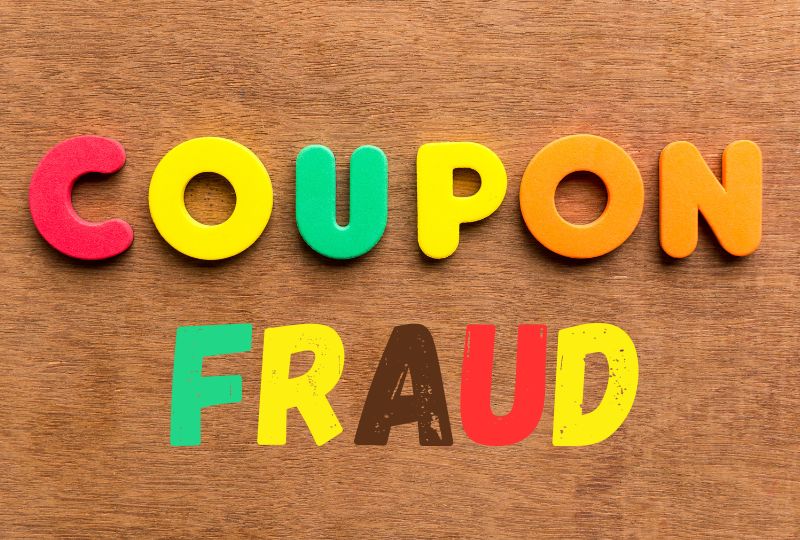Couponing is a popular way for shoppers to save money on groceries, household items, and more. However, there is a darker side to couponing known as coupon fraud. In this article, we'll explore what coupon fraud is, how it affects retailers and manufacturers, and how you can avoid inadvertently engaging in fraudulent couponing practices.
What is Coupon Fraud?
Coupon fraud encompasses any intentional misuse of coupons or promo codes to gain an unfair advantage. This can take many forms, including:
- Using counterfeit or copied coupons: Duplicating or altering existing coupons to redeem them multiple times is illegal and unethical.
- Misusing coupons across different products or stores: Coupons often have specific terms and conditions, like being valid for a particular product or store. Misusing them beyond these limitations constitutes fraud.
- Exploiting technical glitches or loopholes: Some individuals exploit website or app vulnerabilities to redeem coupons multiple times or for unintended products. This is unethical and can be illegal.
- Sharing personal information for "free" coupons: Be wary of offers requiring excessive personal information in exchange for coupons. This could be a data-harvesting scam.
- Fake online reviews for coupons: Fabricating positive reviews to promote specific coupon codes can mislead consumers and harm legitimate businesses.
Types of Coupon Fraud:
- Counterfeiting: Creating fake coupons that resemble legitimate ones.
- Altering Coupons: Changing the terms or expiration dates of coupons.
- Misusing Coupons: Using coupons for items they are not intended for or using multiple coupons for the same item in a single transaction.
- Selling Coupons: Selling coupons, which is illegal in many cases.
Effects of Coupon Fraud:
Coupon fraud can have significant effects on retailers and manufacturers, including:
- Loss of revenue: Manufacturers lose money when coupons are used fraudulently.
- Increased prices: Retailers may raise prices to offset losses from coupon fraud.
- Damage to brand reputation: Fraudulent couponing practices can damage the reputation of both retailers and manufacturers.
How to be a Responsible Coupon User:
- Always read the fine print: Understand the terms and conditions of every coupon before using it.
- Use only legitimate sources: Obtain coupons from authorized retailers, official websites, or reputable coupon websites.
- Avoid suspicious offers: If something seems too good to be true, it probably is. Steer clear of offers that require excessive personal information or involve questionable practices.
- Report suspicious activity: If you encounter a scam or fraudulent coupon, report it to the relevant authorities and the business involved.
Remember: Coupon fraud is a serious issue that can have negative consequences for retailers, manufacturers, and consumers. By understanding what coupon fraud is and how to avoid it, you can help protect yourself and others from falling victim to fraudulent couponing practices. Always use coupons responsibly and ethically to ensure that everyone can continue to benefit from the savings they offer.
Bonus Tip: Many reputable coupon websites and apps offer tools and resources to help users identify and avoid fraudulent offers. Utilize these resources to stay informed and shop with confidence!
